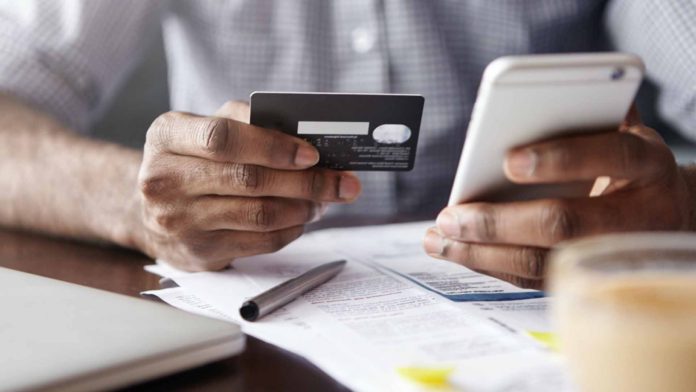The pandemic and its resulting lockdowns and quarantine measures have made people more reliant on technology. Most people are staying at home and are already taking their usual activities for work, education, entertainment and many more aspects of their life online. This includes online transactions made with different individuals, organizations, and businesses, from online shopping to bill payments and donations
These various online capabilities have been very useful in ensuring life continues as normal even when adhering to quarantine and social distancing guidelines. However, there are also important measures to take in order to have safe and secure online experiences. Here are some tips that can help protect individuals while making online transactions:
Choose legitimate online pages.
From shopping to donating, most transactions can now be done online and through various platforms. It is then important to confirm the legitimacy of a website. A lock symbol on the side of the address bar signals that a website is encrypted. This means that communication with the website is protected against eavesdropping and tampering.
Reputable online shopping platforms supported by Mastercard’s secure payment solutions are also good choices to securely purchase items. Examples of these are Lazada and Zalora, where Mastercard cardholders can now make donations to credible organizations.
Check the sites security system and payment options.
Trusted websites make information about its security systems easy to find, usually at the bottom of its pages. Online merchants that support Mastercard SecureCode or Mastercard Identity Check will also have the respective logo displayed at the checkout page or during the transaction processing page. These specific solutions ensure that transactions are made more secure with an additional layer of security through a one-time passcode, or taking into consideration other factors such as your shopping habits, device used and the merchant’s risk profile.
Update your security information and passwords.
Most online merchants now require or allow its customers to create accounts within its official site. While this makes it easier and faster to complete transactions in the future, it is important to find time to update information and security protection or passwords once in a while. Choose strong passwords by using allowed symbols, numbers, capital and lower-cased letters to help keep personal information away from cyber criminals.
Be wary of unexpected messages, and never share your security details.
This goes for emails and texts that seem to be from your chosen merchant or bank. Only hover over, but never click, the links to check its validity. The web address of the link should be displayed on the lower left part of your screen. Check the address for slight spelling deviations, number insertion or domain changes (.org vs .net) from the address of the official site. Be extra suspicious if these messages are asking for any confidential information or even your one time password. Never share these details with anyone.
Enable transaction alerts and review card statements.
Staying vigilant when signing up for an account and purchasing items online are good habits to cultivate. Make it a point to review and track all card activity in one’s account. Check with Mastercard-issuing banks to enable transaction alerts to be sent to your device or email transaction alerts and regularly monitor card statements. This way, abnormal activity can easily and quickly be spotted and reported.
Stay updated on the card issuer’s policies and procedures
Card issuers have various policies to protect buyers in case of fraud, and in case a product is not delivered or is not of the promised quality. Be familiar with these safeguard measures and reporting procedures. This allows you to quickly act upon suspicious activity or obtain recourse for your purchase.
The current times not only call for the public to watch out for their health but to also be more vigilant as more people get used to purchasing items, transferring money, and in general, engaging in numerous activities online. People need to stay proactive, rather than reactive. While banks and payments processors provide the latest tools and solutions to protect consumers from fraud attacks, the responsibility is also on individuals to ensure they take the right measures to prevent identity theft and make secure transactions online with peace of mind.





